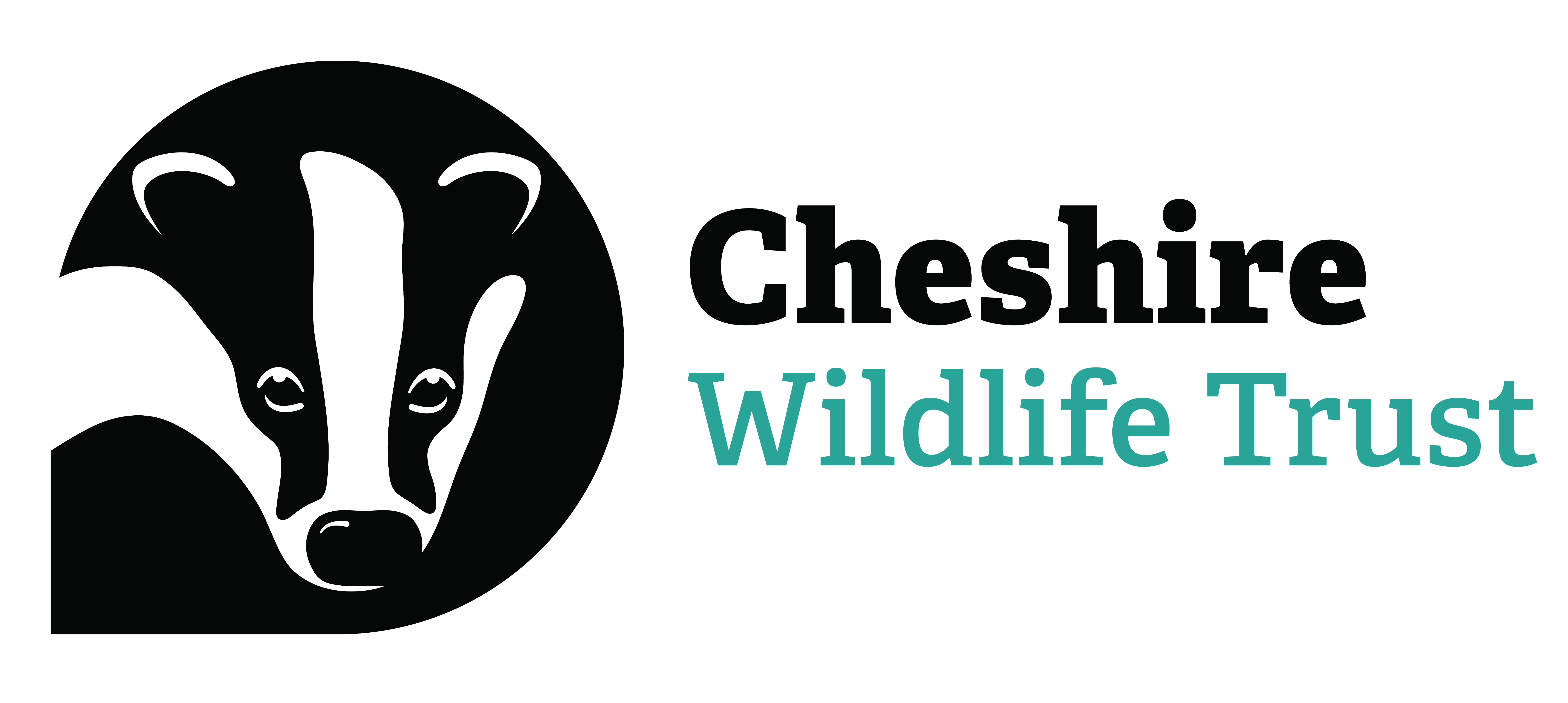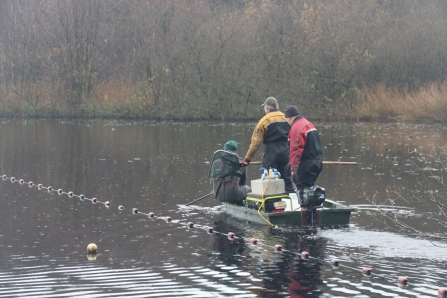Hatch Mere Nature Reserve is recognised as one of Cheshire’s most important places for nature and is protected both at a national and international level.
In recent years, high levels of nitrates, phosphates and ammonia have been found in the lake leading to algal blooms and poor water quality.
This has resulted in a significant loss of wildlife in and around the lake as well as posing a health risk to those using the water. High levels of nutrients are entering the water from a variety of sources including run off from the surrounding farmland.
Nitrates and phosphates can naturally settle and store within the sediment of the lake. However, disturbance can churn up this sediment and release the stored nutrients which then become suspended within the water, causing algal blooms and reducing biodiversity. For this reason, the Trust is investing in restoring the site for wildlife through a number of interventions which will take place throughout the winter.
As part of the improvement work, fishing at the lake is being controlled and two fish exclusion zones have been created.
The fish exclusion zones, prevent access by larger bottom feeding fish that inhibit vegetation growth, stir up the silt and feed on aquatic invertebrates. This follows similar work in 2017, when a trial exclusion zone was established which led to an increase in aquatic vegetation.
The exclusion zone is comprised of a net which allows small fish, invertebrates, algae and other water dwellers to pass through, but prohibits larger fish. The net is placed across one of the main inflows and the increase in vegetation and invertebrates filter and clean the water as it flows into the mere.
A second exclusion zone is the pioneering installation of a Perspex barrier, this prevents any fish from entering the area and will allow aquatic insects to thrive without predation. Exciting and rare species are expected to flourish in these areas in the coming years.
Charlotte Harris, Chief Executive of Cheshire Wildlife Trust said: “We have to take action at Hatch Mere to protect what wildlife is left there. The fish exclusion zones are part of a number of actions we’re taking to improve the nature reserve for wildlife. Larger fish, such as carp, can have a significant effect of the mere’s ecology and this work will help us to re-establish a more natural equilibrium.”

